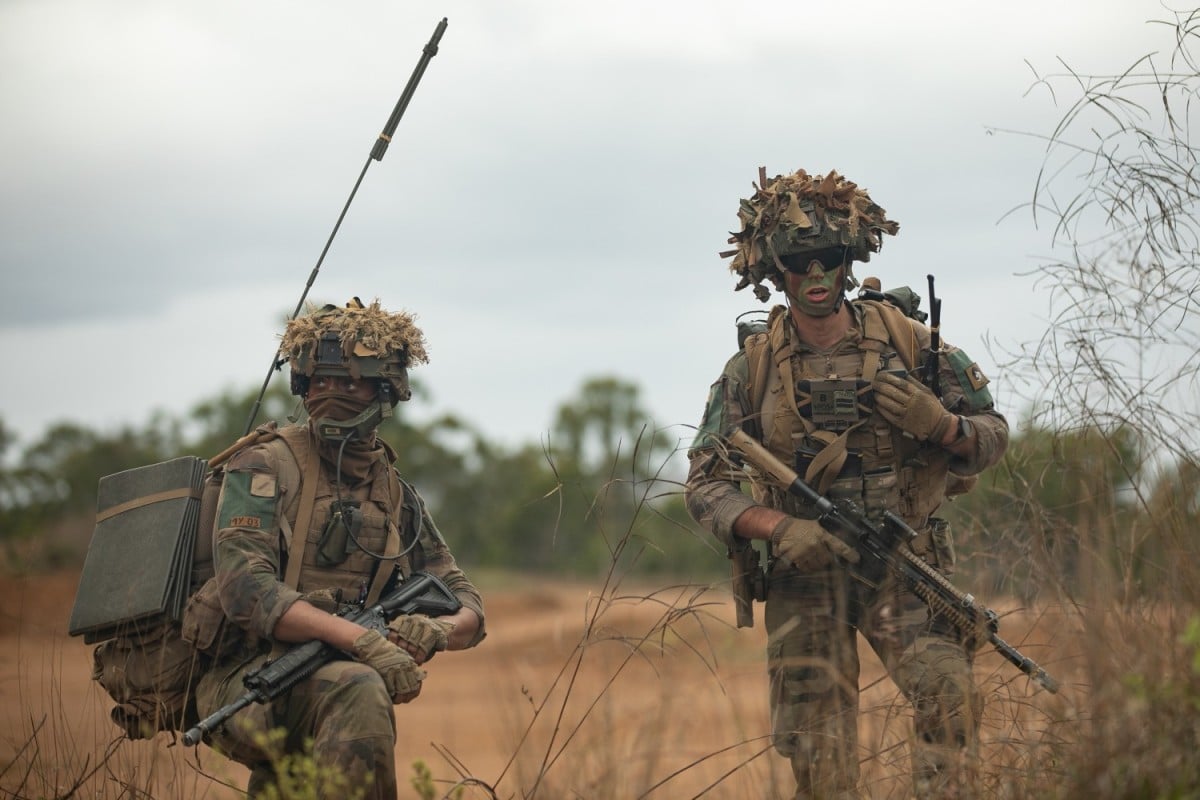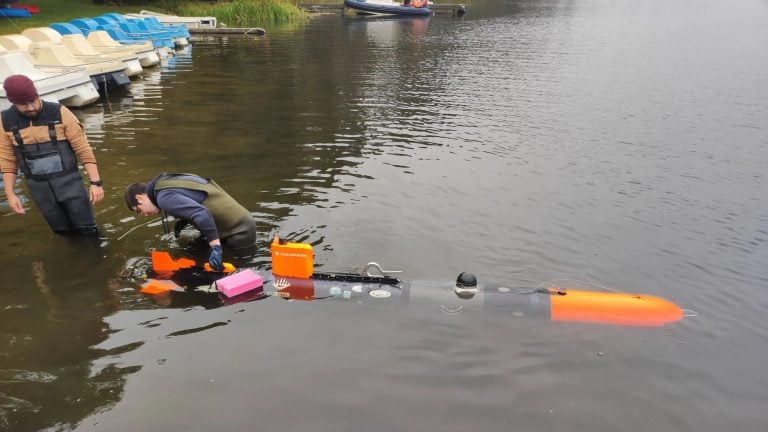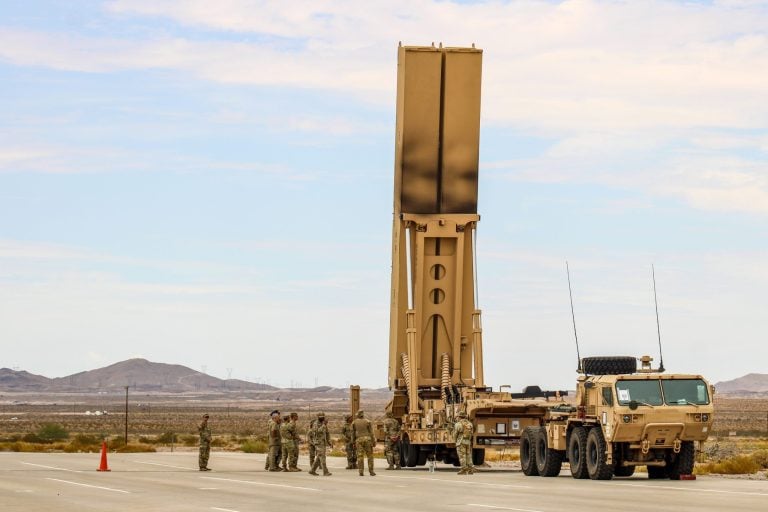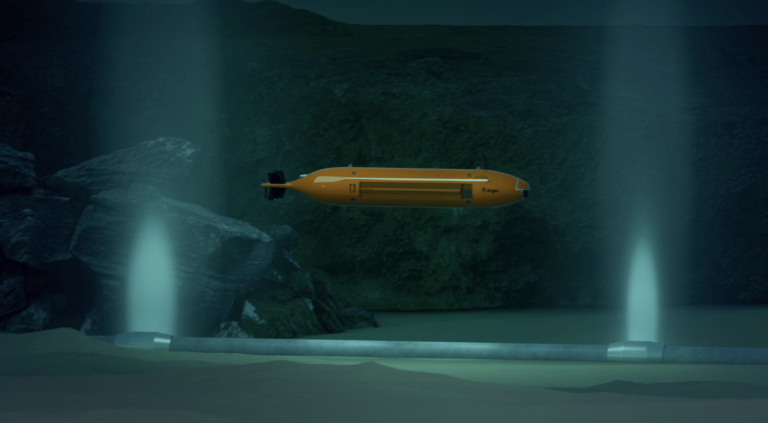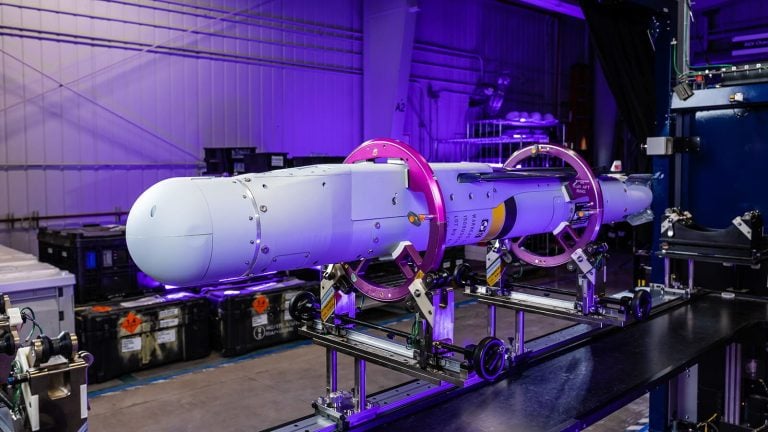Australia’s government has raised concerns about potential Chinese surveillance during major military exercises, emphasizing its anticipation of intelligence gathering during the Talisman Sabre drills. This exercise, which involves more than 30,000 military personnel from 19 nations, is set to take place across Australia and Papua New Guinea, highlighting significant collaborative defense efforts.
Pat Conroy, the minister for the defence industry and Pacific Island affairs, stated that the Chinese military has been monitoring such exercises since 2017, implying that the trend will continue this year. He emphasized the need for Australia to remain vigilant, noting that vigilance includes adjusting protocols to minimize information leakage about military procedures and communications.
In conjunction with the military drills, Prime Minister Anthony Albanese is on a six-day trip to China aimed at improving trade relations following recent tensions. During this time, Australia reiterated its concerns over China’s moves in the South Pacific, specifically alleging that Beijing seeks to establish a military base in the region. This assertion has been categorically rejected by Chinese officials, who label it a “false narrative.”
Australia’s strategic posture in the South Pacific is notably influenced by a previously signed security agreement between China and the Solomon Islands. This pact has heightened fears among Australia and the United States about potential permanent Chinese military installations in the Pacific, prompting Australia to strive to remain the preferred security partner for regional nations.
Conroy argued for a balanced regional approach and stressed that dominance by any one nation would be undesirable for Australia’s interests. He pointed out that China’s investments in the Pacific, including infrastructure and public facilities, may serve to increase its influence in the region. He highlighted recent diplomatic shifts, noting that countries like Kiribati, Solomon Islands, and Nauru have severed ties with Taiwan to align more closely with China.
In response to these allegations, a representative from China’s embassy in Fiji defended Beijing’s initiatives in the Pacific, suggesting that they are motivated by development rather than military expansion. The ongoing tensions and competitive dynamics in the South Pacific continue to shape regional security considerations and diplomatic relationships in this strategically significant area.
